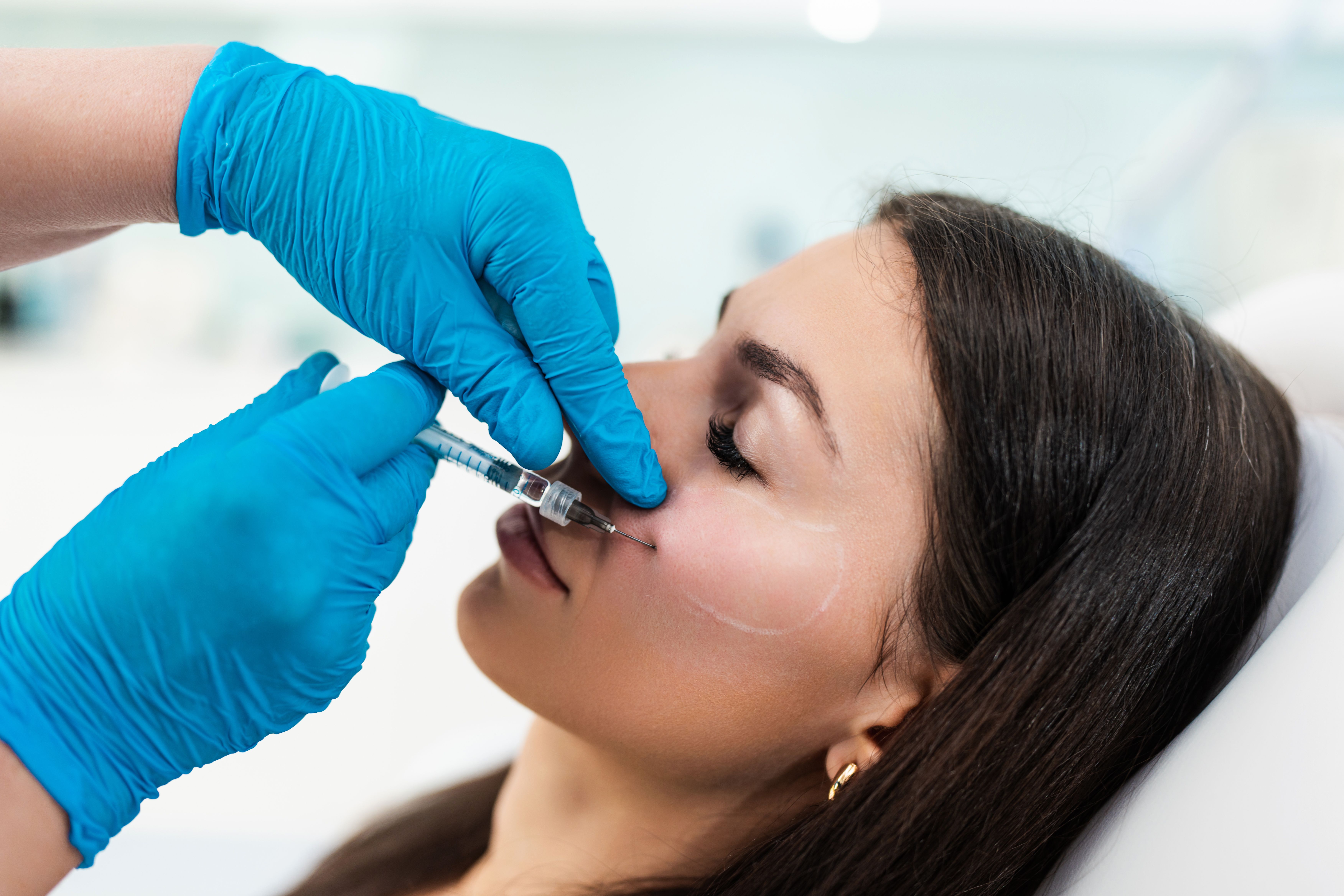- Case-Based Roundtable
- General Dermatology
- Eczema
- Chronic Hand Eczema
- Alopecia
- Aesthetics
- Vitiligo
- COVID-19
- Actinic Keratosis
- Precision Medicine and Biologics
- Rare Disease
- Wound Care
- Rosacea
- Psoriasis
- Psoriatic Arthritis
- Atopic Dermatitis
- Melasma
- NP and PA
- Skin Cancer
- Hidradenitis Suppurativa
- Drug Watch
- Pigmentary Disorders
- Acne
- Pediatric Dermatology
- Practice Management
- Prurigo Nodularis
- Buy-and-Bill
Article
Dermatologists need cosmeceutical know-how
Chicago — With the marketing push manufacturers are putting behind cosmeceutical products, patients need dermatologists to help them separate helpful innovations from hype.

"The reason cosmeceuticals are so important today is because patients want to do noninvasive treatments," according to Heidi A. Waldorf, director, Laser and Cosmetic Dermatology, Mount Sinai Medical School, New York. She spoke here at the American Academy of Dermatology's Academy '05.
"As we do more noninvasive procedures, we find that the kind of care the patient uses at home really can have an impact. Patients are no longer waiting until their face falls and then having a facelift. People are starting care as early as the 20s and 30s, and want to both maintain and rejuvenate their skin."

"Because a lot of these products have no hard science behind them, and because the (U.S.) Food and Drug Administration (FDA) lists them as over-the-counter products, one doesn't have the kind of rigorous testing, for the most part, that exists for the prescription products we as dermatologists are used to prescribing. Yet we're in a position where we need to be able to guide patients appropriately," she tells Dermatology Times.
"Every day I have patients coming in with bags of products they're using. Most often the complaint is that they don't seem to be doing anything. The second most common complaint is that patients are getting irritated skin, and they have no idea from what. So we need to pare these things down and outline a very straightforward course that patients can use, basically plugging products into the various categories," she says.
Antioxidants
Antioxidants' goal is quenching free radicals.
"How much of an effect they have topically really depends," Dr. Waldorf says. "The major problem with all cosmeceuticals is collecting the evidence. We have far more in vitro studies than we do in vivo. There have been some studies to show that using topical antioxidants along with appropriate broad-spectrum sun protection may give some additional benefit."
She generally advises patients to apply whatever antioxidant they choose in the morning. Common examples include vitamin C, green tea, CoQ-10 and idebenone (Prevage, Allergan).
"What I recommend to the patient has to do with the patient's needs, as well as what form they find most cosmetically elegant," she says. "Most of these products will do something. And there is some evidence that idebenone may be more effective at getting into the skin and quenching free radicals. But currently it's only available in one form, and it irritates some patients."
Polypeptides include C6 (Strivectin, Klein Becker; Regenerist, Olay).
"The thought is that these peptides can act as building blocks for collagen, assuming they get into the skin," Dr. Waldorf says. "From my perspective, the bases these products are in act as good moisturizers. But I can't say I'm convinced the products are doing much on a cellular level."
Retinoids, hydroxy acids
Among retinoids and alpha hydroxy acids (AHAs), Dr. Waldorf prefers that patients use prescription products, if they can tolerate and afford them.





